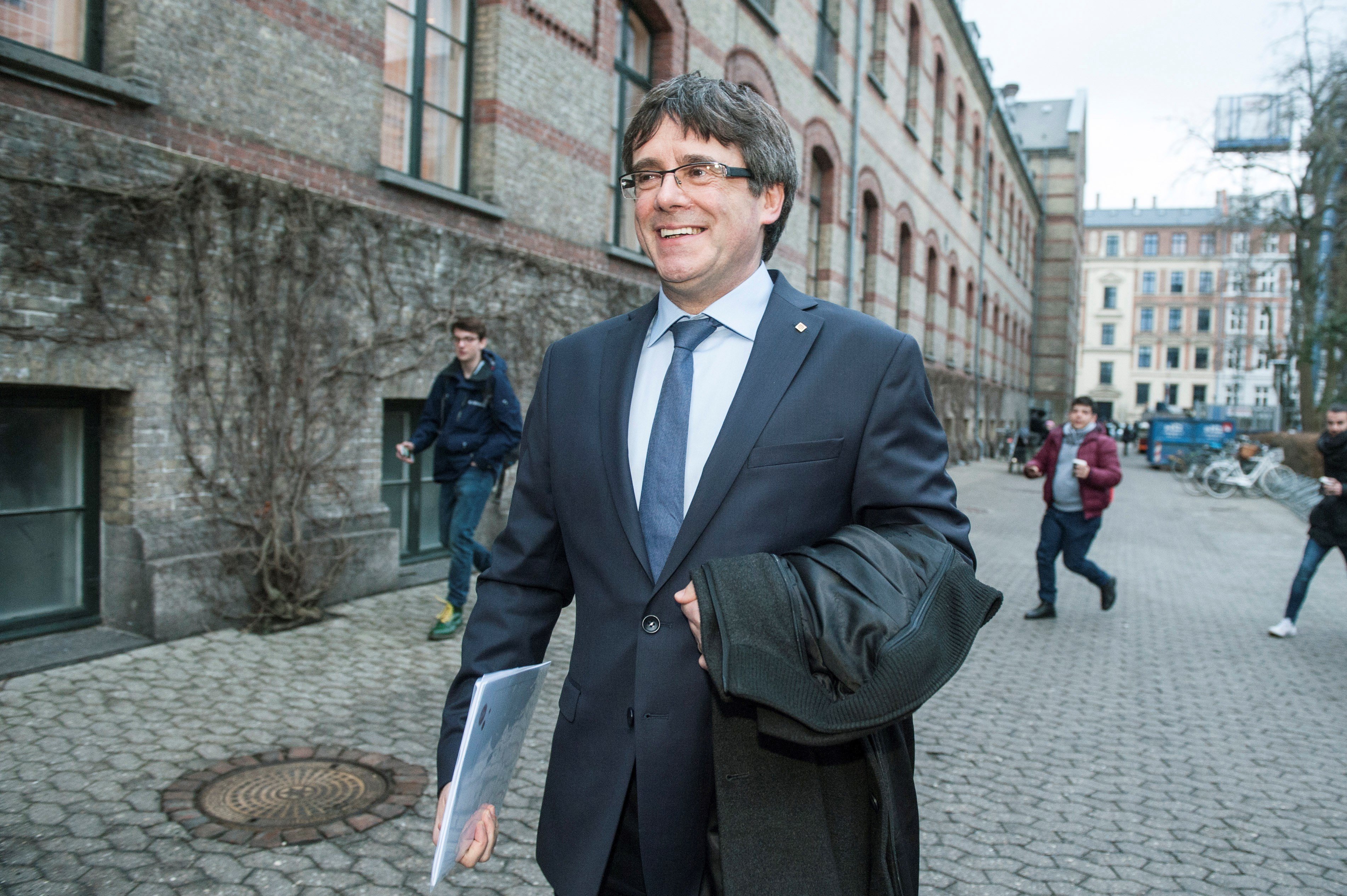According to the limited reports circulating about the negotiations between JxCat, ERC and the CUP, Carles Puigdemont, as president of Catalonia, will have as his main responsibilities the designation as head of the government and the power to decide on calling new elections when necessary. He will also assume, clearly, the strategic leadership of the Catalan government, setting as priority the internationalisation of the conflict.
The plan is similar to the French political model, where the president of the Republic nominates the prime minister, has the power to dissolve the National Assembly and focuses their activity strongly on external affairs.
Obviously, for the new legislature to get underway,, before anything else, the pro-independence majority in the Parliament will have to proclaim Puigdemont's seniority and he will have to nominate a candidate for investiture as head of government to exercise the functions of the president of an autonomous community, but with republican criteria.
The expectation is that, during the Parliament, Puigdemont will have to nominate more than one new head of government, because the intention is to challenge the Spanish institutions to consecutively veto the candidates which the Catalan Parliamentary majority votes for. Starting with the deputies in prison and continuing with those free on bail who very soon will be rehabilitated and so on. That's the way to make clear the democratic regression which the Spanish political system has experienced when the popular will of the Catalans, peacefully and democratically expressed, doesn't fit.
The recent Civil Guard report which lists deputy Elsa Artadi as involved in the referendum's organisation feeds the theory according to which the PP government's instructions to the police forces and prosecutors form part of a strategy aimed at preventing the stable governance of Catalonia with the intention of forcing new elections after declaring the most visible leaders of the independence movement ineligible.
Despite the clashes which have taken place in recent weeks between JxCat and ERC, sources close to Puigdemont say that conversations are back on track and that both parties are trying to safeguard themselves from destabilising attacks from the group which support article 155. So the recent announcement by the Spanish executive about its intentions to destroy the Catalan education model isn't seen so much as pressure on the pro-independence majority to hurry to invest a president, rather the opposite, to sow discord among the independence supporters and act as an obstacle towards a governing agreement at the same time as competing with Ciudadanos for the Spanish nationalist vote.
As for the formation of a government, JxCat and ERC are decided to split the portfolios 50-50 and each party will decide on its own ministers.
It's not completely certain that negotiations have stopped for the appearances by pro-independence leaders testifying in the Supreme Court this week, rather they might be using this time to specify each of the steps prior to forming the government.

